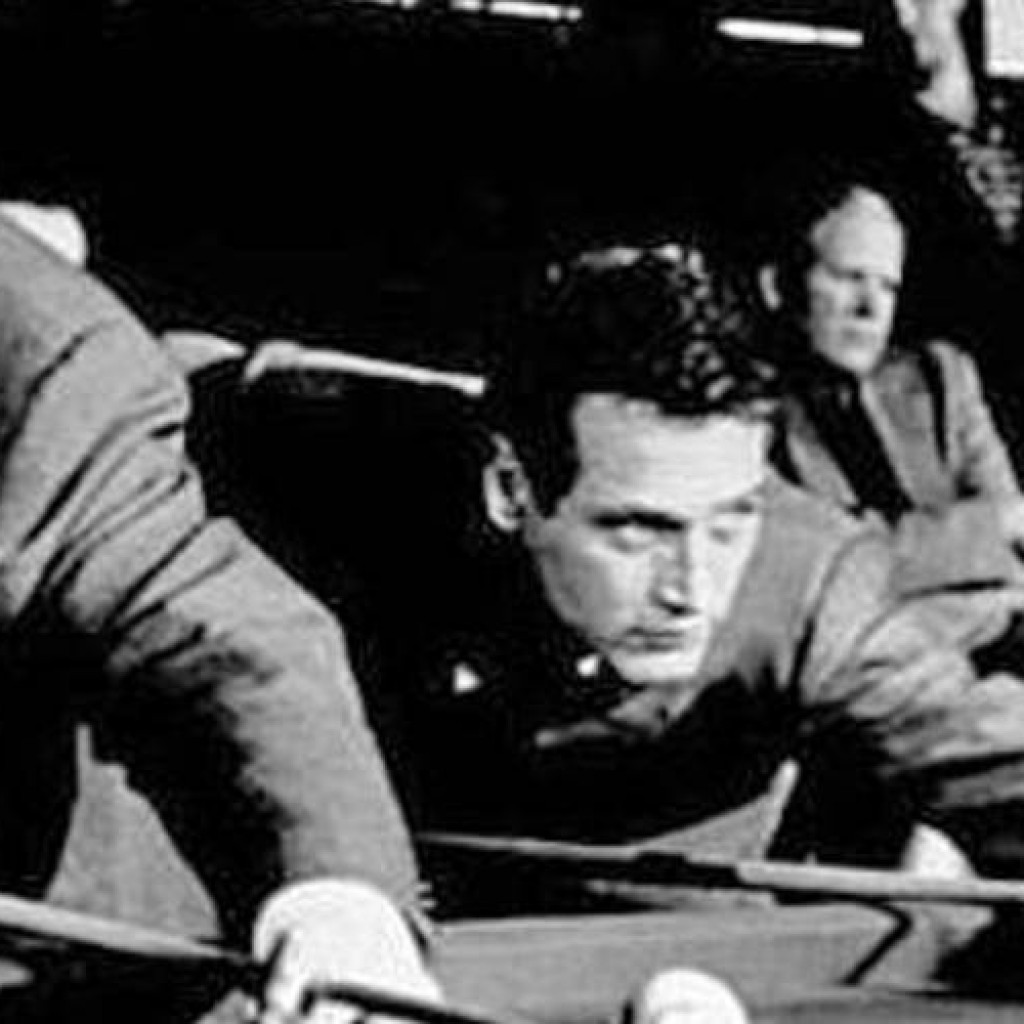
You’ve got to hand it to him: Charlie Crist is scrappy.
Striking back against the Republican Party in the web-video wars, the former-and-would-be Florida governor lobbed a grenade: “[R]emember, it was guys like Rick Scott who crashed our economy.” In a video, the Florida GOP, which helped put Crist in office the first time, essentially blamed him for Florida’s economic woes during the worldwide financial meltdown. But The Tanned One would have none of it. Likening Gov. Rick Scott to the “greedy” Wall Street types who caused the housing collapse, Crist said that Scott’s former company “committed outright fraud.”
Scrappiness in a web fight, though, is not nearly enough to win back the governorship. Crist needs a whole lot more money, a whole lot more firepower and, most importantly, a foolproof ground strategy.
Crist’s money situation is so bad that Miami Herald columnist Marc Caputo says the newly minted Democrat will have to raise upwards of $167,000 per day just to stay halfway behind Scott’s spending machine.
Fortunately, there are some things money can’t buy — not directly, anyway — and chief among them are votes in favor of the medical marijuana amendment. The Florida Supreme Court wasn’t persuaded by Attorney General Pam Bondi’s argument that the ballot language would somehow confuse voters. They’ll know exactly what they’re voting for and, according to Reid Wilson of The Washington Post, Florida Republicans know a “Trojan Horse” when they see one. It’s the perfect vehicle to get young, liberal, and independent voters to the polls — voters who will ink in the bubble for Charlie Crist while they’re at it.
But it’s still not enough, and Northeast Florida illustrates why. Its Democrats can get mighty, mighty demoralized. While the region has a few scrappy youngsters of its own rebuilding the desiccated Democratic pipeline, the rigged electoral map grossly handicaps their party. We saw it with 25-year TV news veteran Deborah Gianoulis, who lost 40-60 against state Sen. John Thrasher in 2010. We saw it again with former U.S. Ambassador to the United Nations Nancy Soderberg, who lost by a similar margin in a district that appears to be drawn for the one who stepped aside for Thrasher in 2010, state Sen. Aaron Bean. It’s the maps, y’all.
Gerrymandering gives the illusion of Republican hegemony in Northeast Florida, which in the past has worked to keep Democrats (who ask “why bother?”) at home on Election Day. Northeast Florida’s Democrats are going to need two things: an understanding that their vote matters more in un-gerrymandered elections like the governor’s race, and a homegrown local motivator. Fortunately, Jacksonville has lots of Democratic talent just waiting to be tapped: State Rep. Mia Jones and state Sen. Audrey Gibson come to mind as great possibilities for lieutenant governor. And, like Crist, they’re both fighters.
Crist is also going to need Barack Obama-level turnouts come November. While it’s true that Jacksonville went for Republicans John McCain and Mitt Romney in 2008 and 2012, the margins were slim. Jacksonville produced a quarter of a million votes for Obama in 2008, and 200,000 in 2012 — nothing to sneeze at in a statewide race. Alex Sink lost to Rick Scott by fewer than 62,000 votes in 2010. Jacksonville also elected its first African-American mayor, Democrat Alvin Brown, in 2011, proving that in un-districted races, the illusion of Republican power gives way to actual votes.
As a bonus, The New York Times reports, Jacksonville may be a mecca for gay parents. This factoid dovetails nicely with Crist’s speedy evolution from strict marital traditionalist, to “live and let live,” to his current position favoring gay marriage.
Sure, there are other parts of the state that need tending, areas that will divert the Crist campaign’s attention southward. But Miami is already a Democratic stronghold, despite Gov. Scott’s selection of a lieutenant governor from that area. Former state Rep. Carlos Lopez-Cantera has a Hispanic name that might appeal to the growing demographic along Interstate 4, but there’s evidence that the I-4 corridor has gone permanently blue, anyway.
Charlie Crist can’t afford to shortchange the power that Jacksonville can help deliver for him in 2014. But he’ll have to stay scrappy.
Julie Delegal, a University of Florida graduate, has written for Folio Weekly, Jacksonville’s alternative weekly, and writes for the family business, Delegal Law Offices. She lives in Jacksonville.



